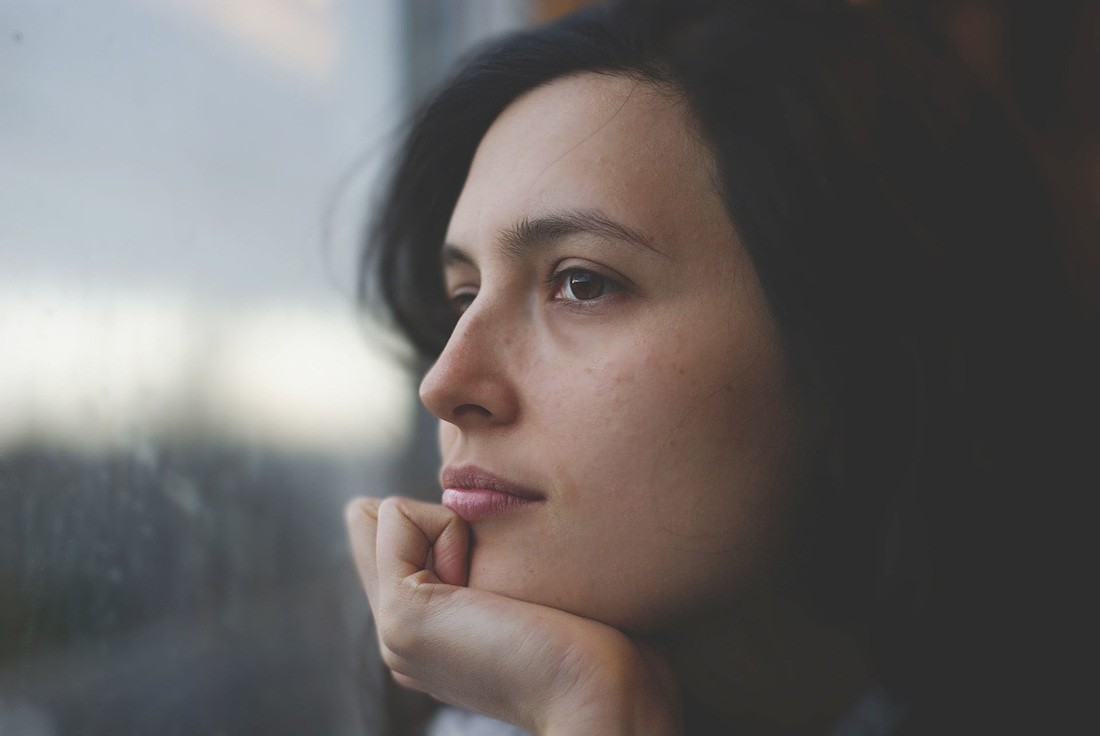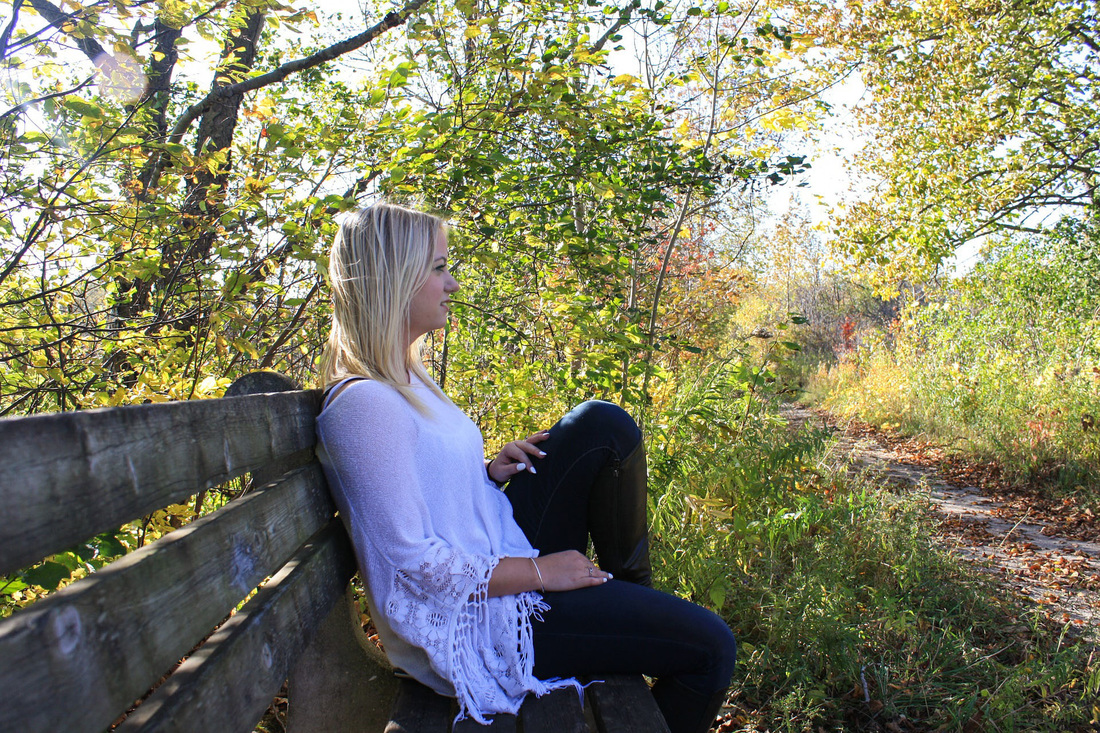
With the latest series of aftershocks have come more anxiety for families and as parents, for our children. I have had many conversations in the last couple of weeks about children back in their parents beds, not wanting to separate at school, about parents not able to leave their children for fear of another shake, sometimes even not wanting to shower or be in the toilet in case it happened. I have talked to strong women about their feelings of broken-ness, of how they have held up their families through all those big quakes, only to feel that they have collapsed with these relatively smaller ones, five years later. I’ve talked to strong men about their feelings of not being able to protect their families. After the 14 Feb shake, only half my child’s class were present at school. Many people feel we are ‘back to square one’.
After any big shock we can expect to feel an acute reaction. You will recognise those feelings of numbness, dislocation, even the feeling of looking in on yourself as life happens around you. I remember the day my father was killed in an accident, driving down the street wondering at how life was continuing - people were going about their everyday affairs, and yet the world had changed so dramatically for me. I felt I would never look at life the same way again. Those are normal feelings after any disaster. They last generally at the most, a few days.
With these latest quakes though have come experiences most of us did not expect. The aftershocks are acting as a trigger back to the trauma experienced with the first shakes. Not just the shakes though. In fact for many people the trauma was not the actual shaking, it was the chaotic and scary aftermath. The sudden lack of normal services such as power and phone meant that people felt alone and unsupported in a world that was unpredictable. Normally we can pick up the phone and access emergency services for physical help, friends or family for emotional support and we can turn on the tap for water. Suddenly, without any warning or preparation, these basic life support needs were not available. And, we were threatened on each of these levels at the same time. People were hurt and dying, we didn’t know where partners or children were and we were unsure whether our homes were safe. Food and water were limited and in some places unavailable. And over the top of all this was the question of how long the quakes would continue and whether help would come. It was like an end of the world movie, but it was happening in our backyard.
The trauma, as you know, continued. People dealt with moving homes, schools, jobs, lives, whilst managing aftershocks, injuries and mental health concerns, as well as the myriad of issues that were present prior to the quakes. Families had to develop a relationship with EQC, with their insurers and to manage property matters which many had never had any knowledge of. In the midst of this came school mergers and closures. The city was dead, people’s neighbourhoods had changed and life was completely on its head.
My apologies for taking you back there. I have gone through this scenario in detail to cement the point that the trauma that you feel when there is an aftershock, is more than a fear of shaking. When you feel those aftershocks, you are being triggered back to all those horribly memorable experiences and fears that you bore during that drawn-out time.
The good news is, that those things are not happening again - your body is reacting as though they are. And, those things that you bore during that time do not happen in a moment, as your reactions do. Our bodies just send us back to those memories and respond as though they are all occurring again right now in this very moment when the shake is occurring. Our frontal lobes shut down reasoning and our brain stem activates to respond to the threat it perceives. Our heart rates rise, our muscles tense, adrenalin courses through our bodies and we feel ready to leap into action. We can rely on our bodies to help, but we can’t rely on our brains to reason well at this time. Overload of adrenalin and cortisol (the stress hormone) is also exhausting.
Once you realise that your brain is reacting to this trigger in this way, you can reflect on whether this is helpful or not. Clearly it is helpful for our brains to activate emergency responses, but it is not helpful to continue to respond in this way when the emergency is over.
One of the main ways to deal with ongoing traumatic responses is to avoid the triggers. Although we can have no impact on aftershocks, we can limit our exposure to disaster media.
Avoid watching or reading articles, videos, press etc about the earthquakes. Limit your discussions about aftershocks, eqc, repairs, begin to discuss hopeful and everyday topics on purpose.
Learn to breathe through the aftershocks, use thought management techniques - recognise the thoughts that you have at the time that are not helpful and begin to counter them as they happen. Acknowledge your feelings and then move on from them. These are all tried and tested techniques that will teach your brain to come out of emergency mode.
Get some help. Just because you have always been a DIYer in these things, doesn’t mean you can’t ask for help. Use good friends or family, therapists, helplines, writing or other forms of artistic expression. Keep these times limited and keep your children out of the conversation or activity. Plan something nice to do straight afterwards so that your mind and feelings can recover.
And finally, begin to have some empathy for yourself. It has been a hard few years. There is much to come to terms with, and perhaps in your role as nurturer, provider, protector, you did not look after yourself much. It was more important to you that you kept your children and loved ones safe and well. You listened and you empathised, but you didn’t do that for yourself. As Kiwis with roots in European and Maori cultures, we often don’t know how to look after ourselves, we are encouraged to look after others first.
For more ideas about coping after trauma or disaster from Christchurch families see this 5 minute film; Everything is Going to be Alright or check out the resources at www.theworrybug.co.nz
My head is bloody, but unbowed. . . .
I am the master of my fate:
I am the captain of my soul.
(William Henley)
Julie Burgess-Manning PGDip PP, MSc (FamTher), PG CertED, BA Hons (Psych
Julie Burgess-Manning is a Family Therapist and NZ Registered Psychologist currently employed by the University of Otago as a Clinical Lecturer and also working in private practice. She has worked in a variety of child, adolescent and family mental health settings for the past 18 years, with roles such as Senior Clinician, Therapist, Clinical Supervisor and Primary Mental Healthcare Liaison. She is the Chair of the Training Subcommittee of the Family and Systemic Therapies Association of Aotearoa New Zealand, (FSTAANZ) and serves on the Executive Committee of the same and Co-creator at Kōtuku Creative .
Kōtuku Creative thrives on working with other organisations to create and produce story based resources for the mental health and education sector. The resources utilise the Home and School Scaffolding approach, developed by Kōtuku Creative, to build on the established trust-based relationships already existing in children's lives.

 RSS Feed
RSS Feed